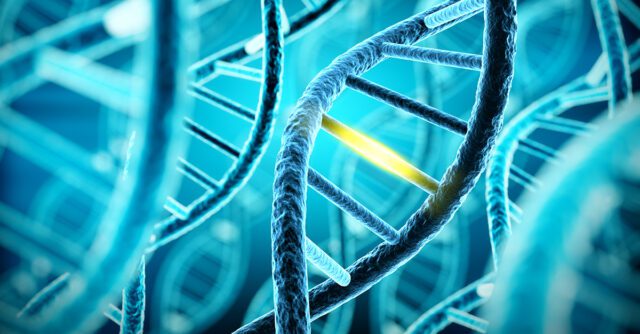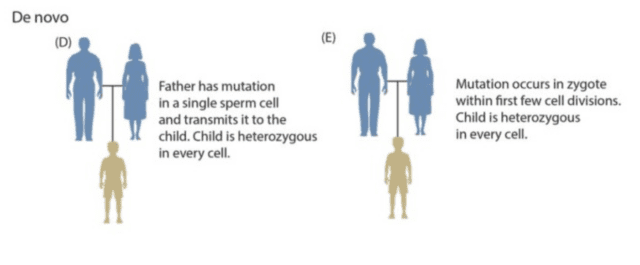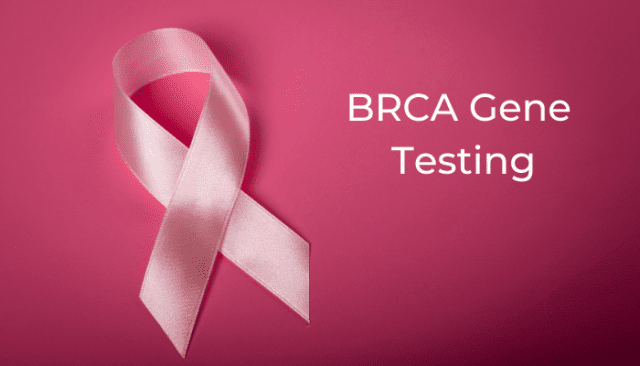
Every year in October, the colour pink rises as a reminder to show how cancer affects human lives.
Many things result in cancer. It could be anything from an unhealthy diet or genetic inheritance to a poor environment. While not all forms of cancer are developed equally, there are some preventable and reducible factors to lower cancer risk.
Fortunately, with the advancement of technology, there are many ways to assess the risk of developing cancer. Read on to learn about genetic factors in cancer, who can be at risk, and how people with gene mutations can reduce the risk of developing cancer through regular screening and BRCA gene testing.
How does BRCA Gene Mutation Happen?

BRCA genes control how our cells grow. Every gene has different proteins that serve as messengers to the cells. Every gene has its instructions for making its protein. As a result, your body system works in the right direction.
Unfortunately, there can be a rare case when a gene doesn’t follow instructions and tries to make its protein differently. As a result, a mutation happens. A gene mutation is referred to as a change in the gene. Abnormal proteins are created when a gene tries to grow cells through a different pattern.
An abnormal protein contains different information as compared to a normal protein. This leads to variation that pushes the cell to overgrow uncontrollably.
This uncontrollable cell growth causes abnormal mass or tumour. The tumour then spreads to different organs of the body and becomes cancerous. The BRCA gene testing can be a great choice to examine if you have any gene mutation.
Types of Gene Mutation Linked to Cancer Risks
There are two basic types of BRCA genetic mutation.
- Acquired Genetic Mutation
- Germline Genetic Mutation
1. Acquired Genetic Mutation
The acquired mutation is the most common BRCA gene mutation that causes cancer. This genetic mutation happens when the genes are damaged in the person’s DNA. For example, your BRCA genes can get damaged during the process. Maybe these genes had breast cells. As a result, this could result in breast cancer.
The damaged breast cells multiply rapidly and form a tumour. Cancer caused by acquired mutation does not spread across every cell in the body.
Some common factors that can cause acquired mutation include;
- Smoking
- Alcohol consumption
- Viruses
- Ultraviolet radiation
- Hereditary cancer history
Some common cancers caused by acquired mutation are;
- Breast cancer
- Prostate cancer
- Colon cancer
- Melanoma
- Lung cancer
2. Germline Genetic Mutation

Any damage to the DNA leads to cancer. Another type of gene mutation is Germline Mutation. This is a rare condition. A germline mutation only happens in the egg cell or sperm cell.
Cancer caused by germline mutation can be inherited from a parent to the child during fertilisation. Moreover, since the genetic mutation has occurred from the beginning of embryo growth, the mutation is copied into every body cell. As a result, this genetic mutation can be passed down from generation to generation. Cancers caused by germline mutation include;
- Breast cancer
- Ovarian cancer
- Fallopian tube cancer
- Prostate cancer
- Uterine cancer
- Pancreatic cancer
What does BRCA Gene Test Do?

A BRCA gene test is a medical exam that identifies any changes in your DNA. In easy words, the BRCA gene testing is done to see if you have a gene mutation in your DNA.
It’s a tremendous medical test to address the risk factors. This test can determine whether you are at a higher risk of developing cancer.
Conclusion
Knowing you have a gene mutation doesn’t mean it’s the end of the world. The BRCA gene test can help you and your doctor take the initial preventative steps to reduce the risk of developing cancer through a healthy diet, surgeries, treatment plans, and medication.








